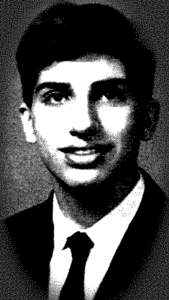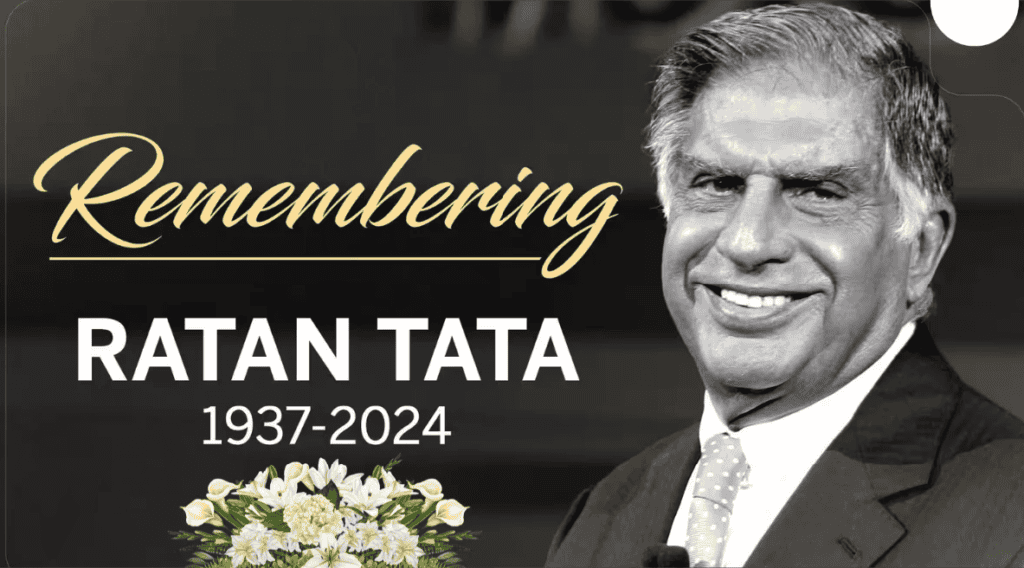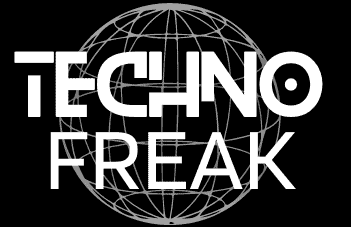Ratan Tata’s Early Life and Background
Introduction Ratan Tata, a name synonymous with integrity and visionary leadership, was born on December 28, 1937, in Mumbai, India. As the scion of the illustrious Tata family, he has played a pivotal role in steering the Tata Group to unprecedented heights. This article delves into his early life, education, and the formative years that shaped his illustrious career.
Early Childhood Ratan Tata was born into the renowned Tata family, a lineage known for its substantial contributions to Indian industry and philanthropy. The Tata family legacy is rooted in a commitment to ethical business practices, innovation, and social responsibility. Growing up in such an environment imbued Ratan with a deep sense of duty and ambition.

His father, Naval Tata, was an adopted son of Sir Ratanji Tata, a notable philanthropist and the younger son of Jamsetji Tata, the founder of the Tata Group. Ratan’s childhood was marked by the influence of these towering figures. He was raised by his grandmother, Lady Navajbai Tata, after his parents separated when he was ten years old. This period of his life instilled in him a profound respect for tradition, family values, and a commitment to societal good.
Education Ratan Tata’s educational journey is as impressive as his professional accomplishments. His early education took place in Mumbai and at the Bishop Cotton School in Shimla. He later attended the prestigious Cathedral and John Connon School in Mumbai, where his academic brilliance began to shine. His affinity for learning and curiosity about the world laid a strong foundation for his future endeavors.
After completing his schooling, Ratan Tata pursued higher education at Cornell University in the United States, where he initially enrolled to study mechanical engineering. However, his passion for design led him to switch his major to architecture. He graduated with a degree in Architecture and Structural Engineering in 1962. Ratan’s time at Cornell was not just about academics; it was also a period of personal growth and exposure to global perspectives. His education in architecture would later influence his approach to business, emphasizing the importance of design and aesthetics in product development.
Not content with just one degree, Ratan Tata furthered his education by enrolling in the Advanced Management Program at Harvard Business School, which he completed in 1975. This program was instrumental in honing his managerial skills and strategic thinking, preparing him for the leadership roles he would assume in the Tata Group.
Early Career In 1961, Ratan Tata returned to India and joined the Tata Group, starting his career with Tata Steel, one of the oldest and most significant companies in the conglomerate. Unlike many who might have sought a direct path to executive roles, Ratan chose to begin his journey on the shop floor, working alongside the bluecollar workers and gaining firsthand experience in the steel plant’s operations. This period of his career was crucial in shaping his understanding of the business from the ground up.
Ratan Tata’s early roles within the Tata Group were marked by a series of challenging assignments. He took on various responsibilities, from managing the blast furnace at Tata Steel to working on the shop floors, where he learned the intricacies of the manufacturing process. His handson approach and willingness to tackle difficult tasks earned him respect and recognition within the organization.
During his early years, Ratan Tata’s innovative thinking began to set him apart. He was instrumental in the turnaround of Tata’s struggling electronics division, Nelco, in the 1970s. Despite the eventual sale of Nelco, his efforts demonstrated his ability to navigate complex challenges and implement strategic solutions. His experience at Nelco also highlighted the importance of technology and innovation, themes that would become central to his leadership style in the years to come.
In 1981, Ratan Tata was appointed Chairman of Tata Industries, the group’s other holding company, where he played a pivotal role in transforming the company’s strategy and operations. He focused on modernizing the group and preparing it for the future, emphasizing the need for technological advancements and global expansion.

Conclusion Ratan Tata’s early life and background laid a robust foundation for his illustrious career. His upbringing in the Tata family, coupled with his diverse educational background and hands on experience within the Tata Group, provided him with the tools and insights needed to navigate the complexities of the business world. These formative years were instrumental in shaping his vision and approach to leadership, ultimately leading to his profound impact on the Tata Group and the Indian and global business landscapes.
Ratan Tata’s journey from a young boy in Mumbai to a global business icon is a testament to his unwavering dedication, innovative spirit, and commitment to ethical leadership. His story continues to inspire countless individuals and serves as a reminder of the power of visionary thinking and the enduring legacy of the Tata family.

